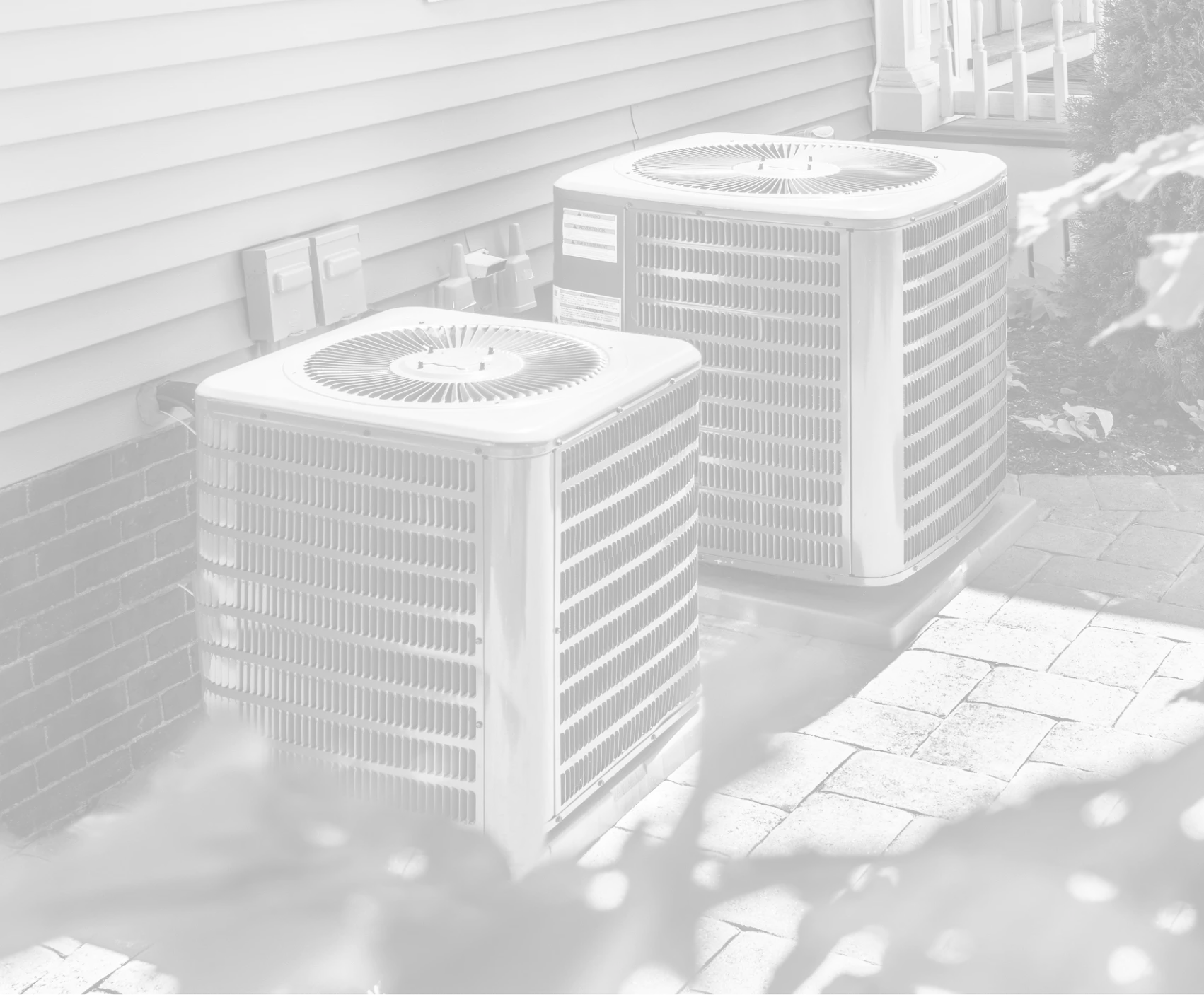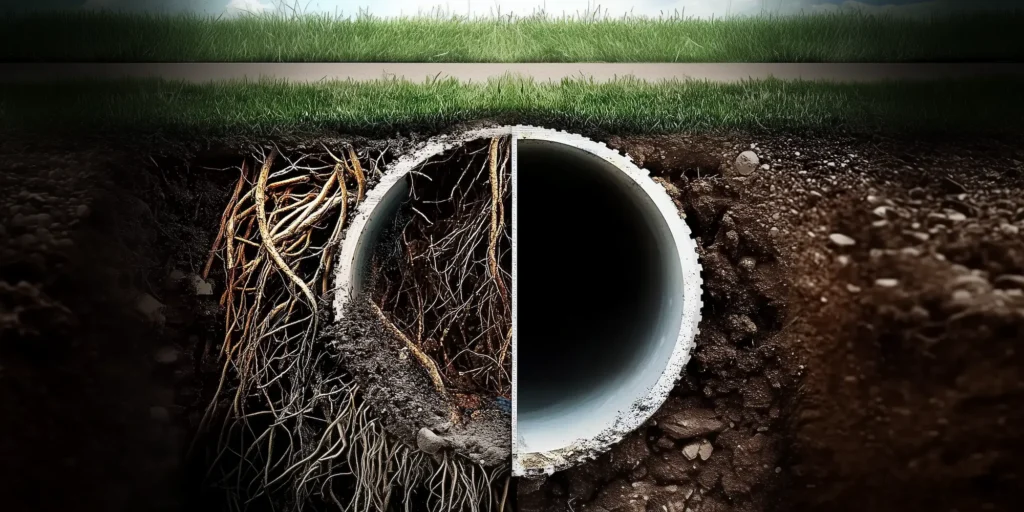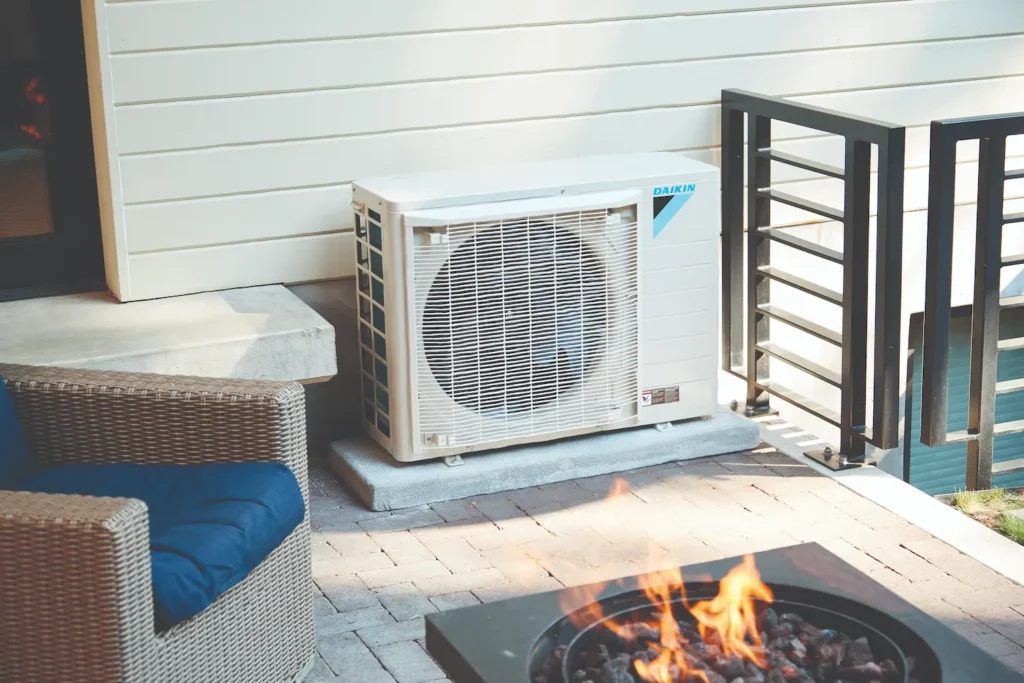
Blog
How to Prevent Frozen Pipes - Rochester NY Emergency Plumber

How to Prevent Frozen Pipes in Rochester, NY
Frozen pipes are one of those winter problems that sneaks up on homeowners across Rochester. It only takes one cold night for a pipe to freeze, and once it freezes, the pressure inside can build fast. If it bursts, the water damage can spread through a basement or crawl space before you even know something happened. In Monroe County, where lake effect winds and sudden temperature drops are normal, preventing frozen pipes is something every homeowner should think about each winter.
Why Frozen Pipes Are a Common Winter Problem in Rochester
Rochester winters are unpredictable. One week feels calm, then a cold front pushes in and the temperature drops twenty degrees overnight. These swings are hard on plumbing.
How temperature swings impact water lines and plumbing systems
Water lines expand and contract with the weather. When the temperature drops fast, the colder sections freeze first. Older homes with long runs of exposed pipes in basements or crawl spaces are especially vulnerable.
Why Rochester’s cold air and lake effect winds increase freezing risk
Cold air from Lake Ontario settles lower and deeper into foundation walls. Wind chill may not matter to skin once you’re indoors, but it absolutely affects uninsulated plumbing. Areas near exterior walls or drafty spots freeze quicker than homeowners expect.
How to Prevent Frozen Pipes Before Winter Hits
The best time to protect pipes is before the coldest nights start showing up. A few simple steps can prevent a lot of trouble later.
Insulate exposed pipes in crawl spaces, basements and attics
In Monroe County, plenty of older homes have long pipe runs in chilly areas. Foam sleeves or wrap insulation make a noticeable difference in how long pipes stay warm.
Seal air leaks near doors, windows and vents to retain warmth
Cold drafts make nearby pipes freeze faster. Sealing leaks keeps more warm air in the home and protects vulnerable plumbing at the same time.
Maintain steady indoor temperature to protect vulnerable water pipes
Letting the home drop too low overnight increases the risk of freezing. Keeping the furnace running at a consistent temperature helps keep the walls and floors warm enough to protect water lines.
How to Prevent Frozen Pipes from Bursting
Frozen pipes are bad. Bursting pipes are worse. Once the ice expands, pressure builds quickly.
Allow a small water flow during freezing nights to reduce pressure buildup
Water movement helps prevent freezing. Even a slow drip can protect lines that sit close to cold exterior walls.
Keep cabinet doors open for warm air circulation
Pipes under bathroom and kitchen sinks are common trouble spots. Leaving the doors open lets warm air reach those shallow runs of plumbing.
Use smart thermostats to monitor home heating during severe cold
Smart thermostats send alerts if temperatures drop too low inside the home. This is especially helpful for homeowners traveling during the winter or managing a second property in Monroe County.
Smart Tips for Preventing Frozen Pipes During Extreme Cold
Rochester sometimes gets stretches of extreme cold that hang around for days. These tips help add extra protection.
• Disconnect outdoor hoses and drain sprinkler lines
• Apply heating tape or extra insulation to exposed plumbing
• Schedule a seasonal checkup with a trusted plumber for frozen pipes
• Know where your main water shutoff valve is located
• Keep garage doors closed when temperatures drop
These steps can prevent a freeze from turning into a burst pipe.
What to Do If You Already Have Frozen Pipes
Even with preparation, pipes freeze. The key is catching it quickly before it bursts.
Identify frozen sections quickly to minimize water damage
Look for frost on pipes, reduced water flow or complete loss of flow. These are early signs that freezing has begun.
Safely thaw pipes with indirect heat sources like a space heater
Avoid open flames. Instead, use steady, indirect heat. A space heater or a hair dryer on a low setting can warm the pipe slowly.
Call a plumber for frozen pipe repair
If the pipe cracks, leaks or refuses to thaw, calling a local plumber is the safest move. Burst pipes can dump a lot of water in a short period of time, especially in basements common throughout older Rochester homes.
Protect Your Home with Ongoing HVAC and Plumbing Maintenance
Good heating system performance helps prevent frozen pipes. A furnace that cycles regularly keeps the home warm enough to protect plumbing tucked behind walls and floors.
How dependable heating system performance helps prevent frozen pipes
Strong airflow and steady heating reduce cold pockets in the home. This helps keep crawl spaces and basements above freezing.
Prevent future issues through annual inspections and insulation upgrades
Annual inspections help identify weak spots in plumbing and insulation. Simple upgrades around the home can protect pipes long before winter arrives.
Frozen pipes are a real concern in Rochester, but with preparation and the right support, they do not need to become a major problem. If you suspect a frozen pipe or want help preparing your home for winter, reach out to a trusted local expert. Keeping your plumbing protected is one of the best ways to avoid costly repairs during our coldest months.




